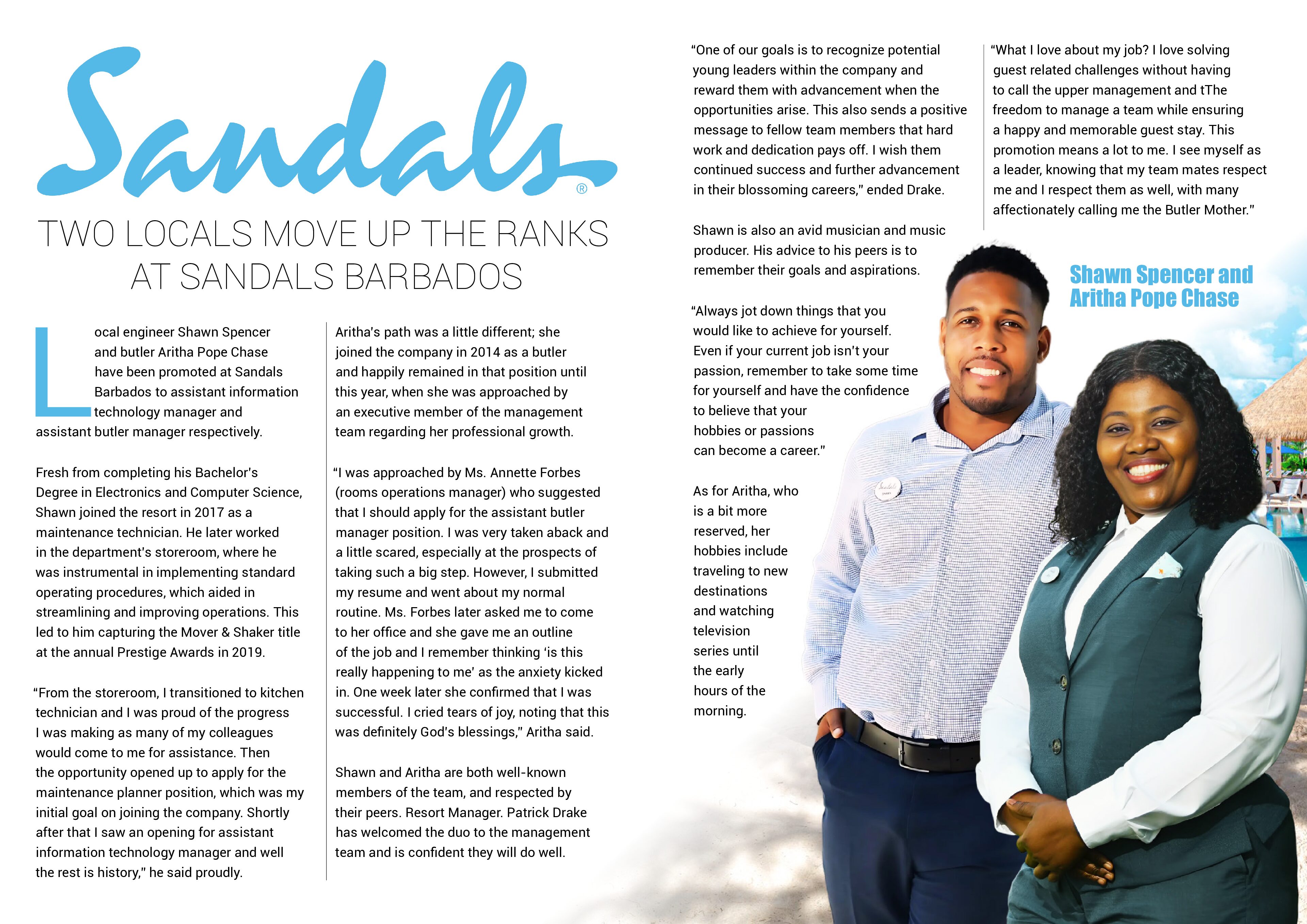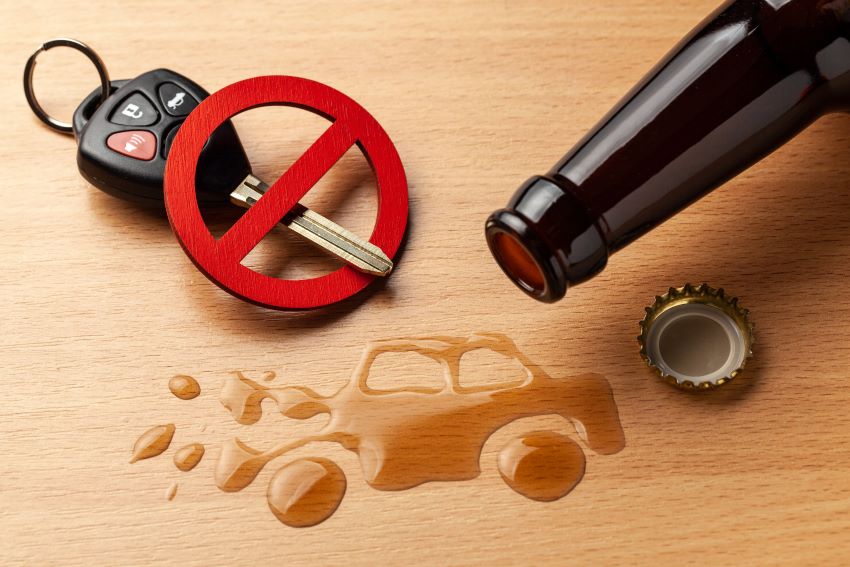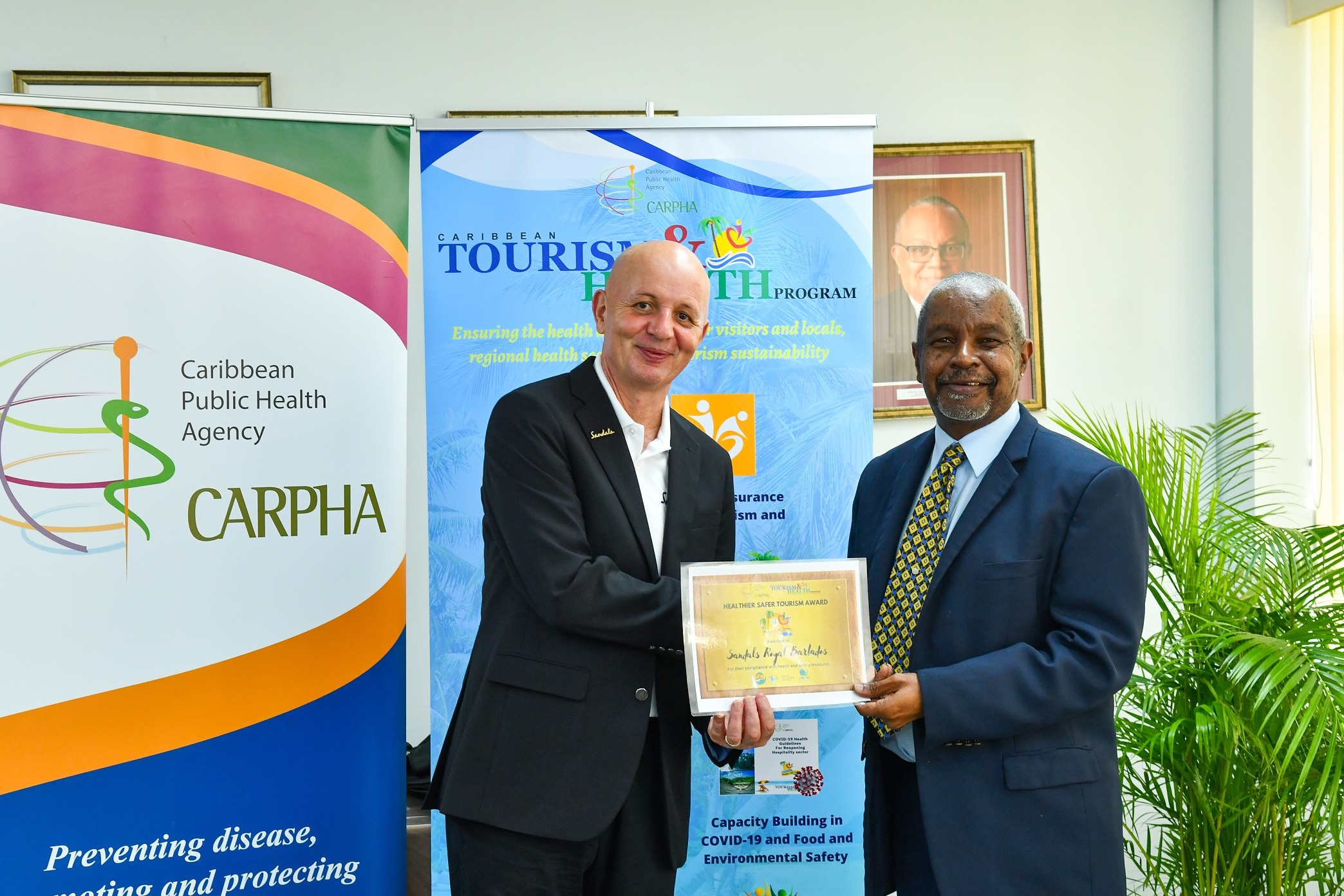Local
Reminder On Opening Of Shops For Upcoming Holidays
-

 Sports2 weeks ago
Sports2 weeks agoCONCACAF COACH AND INSTRUCTOR RENALDO GILKES CONCERNED ABOUT THE STATE OF FOOTBALL
-

 Business2 weeks ago
Business2 weeks agoTWO LOCALS MOVE UP THE RANKS AT SANDALS BARBADOS
-

 Government3 weeks ago
Government3 weeks agoOne Family joins the Healthy Nation Foundation in bringing good health and nutrition to communities
-

 International4 weeks ago
International4 weeks agoUS to Negotiate with Regional Governments on Hiring of Cuban Doctors
-

 Features4 weeks ago
Features4 weeks agoSPORTS AN INTEGRAL PART OF DOMINIC’S LIFE
-

 Government3 weeks ago
Government3 weeks agoNew Financing Facility Being Designed To Transition PSVs To Electricity
-

 Business2 weeks ago
Business2 weeks agoBarbados Extends The Green Carpet To Chinese Investors
-

 Education4 weeks ago
Education4 weeks agoPublic Schools To Close For Easter Break























